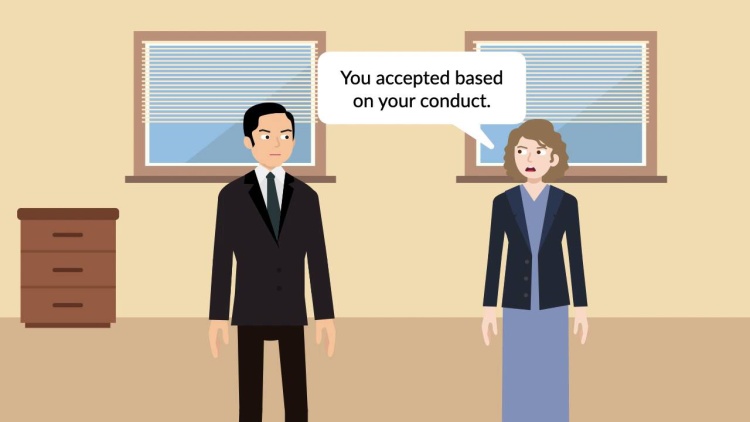Professional Bull Riders, Inc. v. AutoZone, Inc.
Colorado Supreme Court
113 P.3d 757 (2005)
- Written by Megan Petersen, JD
Facts
AutoZone, Inc. (AutoZone) (defendant) sponsored events put on by Professional Bull Riders (PBR) (plaintiff). PBR presented AutoZone with a written agreement securing AutoZone’s sponsorship for 2001 and 2002. The agreement stated AutoZone’s sponsorship would begin on December 20, 2000 and end on December 31, 2002. AutoZone could terminate the agreement early, however, by providing written notice of termination no later than August 15, 2001. AutoZone did not sign the agreement, but PBR alleges AutoZone’s actions indicated acceptance of these terms. In January 2002, AutoZone notified PBR that it would not be sponsoring PBR’s events in 2002. AutoZone alleges that despite this notice, PBR continued to use AutoZone’s trade name and logo in its programs. PBR brought suit against AutoZone in United States district court for breach of its oral sponsorship agreement. Speedbar, one of AutoZone’s subsidiaries, intervened. AutoZone and Speedbar filed counterclaims alleging service and trademark infringement, unfair competition, and service mark dilution. The district court granted AutoZone’s motion for summary judgment on the ground that the oral contract between AutoZone and PBR could not be performed within one year. Since the contract provided for a term of two years, the district court held it unenforceable under the Colorado statute of frauds. PBR appealed to the United States Court of Appeals for the Tenth Circuit. The Tenth Circuit submitted a certified question about the interpretation of the Colorado Statute of Frauds to the Colorado Supreme Court.
Rule of Law
Issue
Holding and Reasoning (Coats, J.)
What to do next…
Here's why 911,000 law students have relied on our case briefs:
- Written by law professors and practitioners, not other law students. 47,100 briefs, keyed to 997 casebooks. Top-notch customer support.
- The right amount of information, includes the facts, issues, rule of law, holding and reasoning, and any concurrences and dissents.
- Access in your classes, works on your mobile and tablet. Massive library of related video lessons and high quality multiple-choice questions.
- Easy to use, uniform format for every case brief. Written in plain English, not in legalese. Our briefs summarize and simplify; they don’t just repeat the court’s language.





